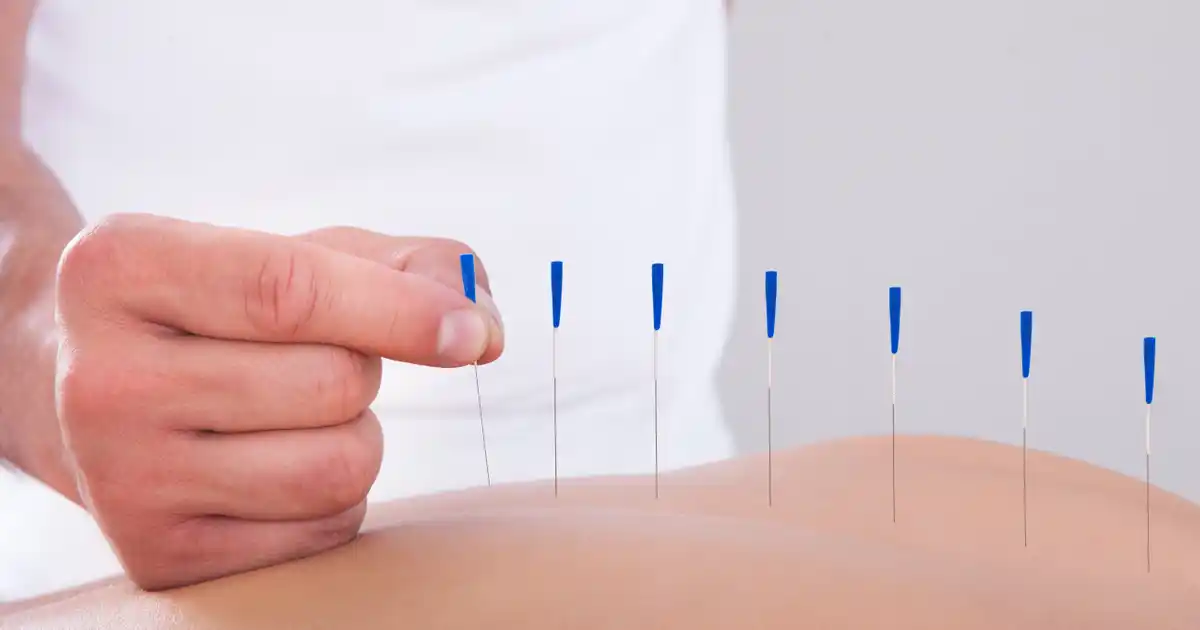The allure of acupuncture as a profession is compelling; it’s an ancient practice deeply rooted in the wisdom of traditional Chinese medicine, skillfully blending art and science to heal bodies and minds. Yet, the traditional route to acquiring acupuncture certification can be daunting and expensive, involving years of educational commitment, high tuition fees, material costs, and other associated expenses. Fortunately, if you start a search today, you can earn your acupuncture certification and save money while you’re at it.
Understanding the Basics of Acupuncture Certification
Acupuncture is rooted in traditional Chinese medicine and focuses on stimulating specific points on the body. This is often done using thin needles to regulate the flow of energy or ‘Qi.’
Acquiring the right acupuncture certification ensures that you are well-versed in both theory and practice. Different countries and states have their regulations, so it’s crucial to familiarize yourself with local requirements.
Why Opt for Online Certification?
Physical schools may offer comprehensive training, but they often come with a hefty price tag. Online certification platforms offer a more flexible and cost-effective approach to learning.
Most online courses also come with a variety of payment options, including monthly installments. By choosing the online route, you can study at your own pace, which can be particularly beneficial for those who have other commitments.
Free Resources for Acupuncture Certification
Fully accredited acupuncture certification programs typically come with tuition fees. Having said that, there are some platforms and organizations that offer limited free courses or resources to get you started on your journey:
- The National Certification Commission for Acupuncture and Oriental Medicine (NCCAOM) provides free resources and practice tests for aspiring students.
- Many accredited institutions offer free online webinars, seminars, or individual courses as part of their outreach or continuing education initiatives.
- Websites like Udemy and Coursera sometimes offer free courses on the basics of acupuncture and traditional Chinese medicine, although these are generally not comprehensive enough to replace a full certification program.
These free resources can be an excellent starting point, and in some cases, they might count toward continuing education units (CEUs) if you decide to pursue a paid certification program later.
Identifying Reputable Online Platforms
Not all online courses are created equal; accreditation and credibility are key. Start by searching for platforms that are accredited by recognized national or international bodies in the field of acupuncture.
Reviews from previous students can also offer valuable insights. Always double-check the curriculum to make sure it covers all the necessary modules for acupuncture certification, as defined by your local or national regulatory board.
Consider Free Trial Periods and Scholarships
Many online platforms offer free trial periods, giving you a glimpse of the coursework, teaching style, and online tools. This period is crucial for making an informed decision about whether the course fits your needs.
Some schools also offer scholarships or financial aid, which can substantially reduce the overall cost of getting certified. Be sure to apply for these scholarships well in advance, as they are often limited and highly competitive.
Respected Acupuncture Certification Schools
When it comes to earning an acupuncture certification, the reputation of the school you attend can play a significant role in your career trajectory.
In the United States, schools like the Oregon College of Oriental Medicine (OCOM), Pacific College of Health and Science, and the New England School of Acupuncture (NESA) at the Massachusetts College of Pharmacy and Health Sciences (MCPHS) are often cited among the best.
These institutions are accredited by organizations like the Accreditation Commission for Acupuncture and Oriental Medicine (ACAOM). Graduates from these schools tend to excel in national licensing exams and are often highly sought after in the healthcare community.
Note: the following schools generally require in-person attendance for a significant portion of the curriculum. This is largely because acupuncture is a hands-on field that requires practical, clinical training, which is difficult to replicate in a fully online environment.
Preparing for Examinations
Once you have chosen a course, the next step is preparation for examinations, which are usually both written and practical. Most online courses offer practice tests that simulate the conditions of the actual exam.
Make use of these resources and consider forming study groups with fellow online students to aid your preparation. Consistency in study habits is essential for passing exams and finally earning your acupuncture certification.
Post-Certification Steps
After successfully completing your exams, you’ll need to fulfill additional requirements to practice professionally. This may include obtaining a license from the regulatory body in your jurisdiction.
Some states or countries may require a period of supervised practice, while others might need you to pass a licensing exam. It’s essential to check these details as you near the end of your course to ensure a smooth transition into professional practice.
Educational Riches on the Path to Acupuncture Certification
Earning an acupuncture certification online can be both affordable and convenient, without sacrificing educational quality. With the right blend of accredited coursework, diligent preparation, and financial planning, you can become a certified acupuncture practitioner.
By exploring these online courses carefully, you can be prepared when it’s time to get your acupuncture certification. After all, as the world becomes more open to holistic medical practices, this certification could be your ticket to a fulfilling, impactful career.
 Shutterstock: Andrey_Popov
Shutterstock: Andrey_Popov